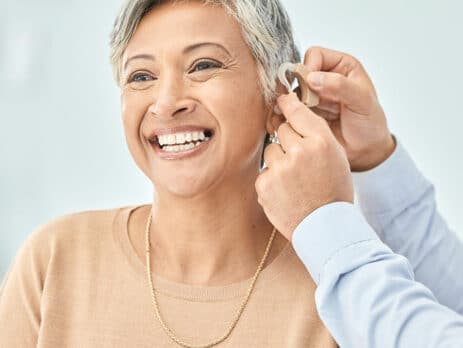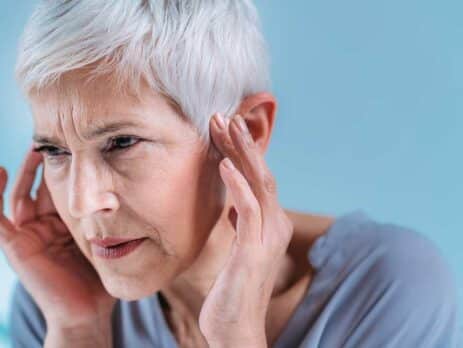Smartphone App Delivers Effective Tinnitus Relief Through Cognitive Behavioral Therapy, Study Finds
A recent publication in Frontiers in Audiology and Otology reveals a groundbreaking study conducted by researchers at Waipapa Taumata Rau, University of Auckland, which demonstrates the efficacy of a new smartphone app in reducing the distress of tinnitus. This condition, characterized by hearing sound when no external sound is present, often leads to significant psychological strain, including anxiety and depression. The application, named MindEar, utilizes a chatbot to deliver cognitive behavioral therapy (CBT), making therapeutic support more accessible to those...










